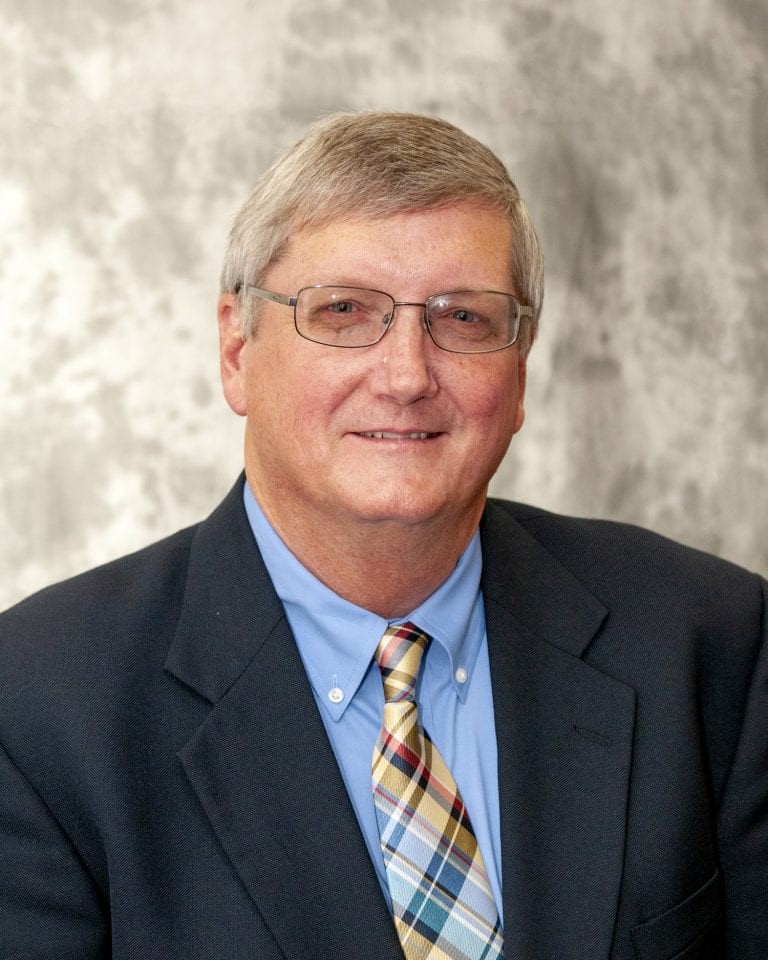Arkansas native, former SWREC station director named head of Alabama Extension System
Feb. 24, 2021
By the U of A System Division of Agriculture
Fast facts
- Arkansas native takes over top spot in Alabama extension system
- Phillips a UA-Monticello and UA-Fayetteville alumnus
(709 words)
(Newsrooms – with photo of Phillips: https://flic.kr/p/2kEvsH5)
AUBURN, Ala. — Mike Phillips, an Arkansas native and former director of the Southwest Research and Extension Center in Hope has been named director of the Alabama Cooperative Extension System.
The Alabama Cooperative Extension Program is the joined outreach organization for two land grant universities: Alabama A&M and Auburn.

Phillips, a native of Benton, Arkansas, will begin his new role March 1. He earned a master’s degree and doctorate in agronomy in 1982 and 1985, respectively, at the University of Arkansas in Fayetteville. Phillips received his bachelor’s degree in 1980 from the University of Arkansas at Monticello, majoring in agriculture.
Prior to joining Alabama Extension and the Auburn faculty, Phillips was head of Mississippi State University’s Department of Plant and Soil Sciences. His career also includes the role of chair of the Department of Agricultural Sciences at Kentucky’s Morehead State University. He began his career at the University of Arkansas Southwest Research and Extension Center in Hope, Arkansas — part of the Arkansas Agricultural Experiment Station — where he was director and professor.
“What an exciting time for Alabama extension as it continues to reinvent itself to meet the needs of Alabama citizens,” Alabama A&M President Andrew Hugine Jr. said. “The extension director stands at the crossroad that integrates and interprets academia and research for common people, while confronting state, national and global demands that impact our society every day.
“Dr. Phillips’ professional background enables him to shape Alabama Extension’s future. We look forward to his leadership and wish him well,” Hugine said.
Auburn President Jay Gogue echoed that sentiment.
“Dr. Phillips has a tremendous background and the excellent leadership skills needed to meet the ever-changing role of extension, both in rural and urban areas,” Gogue said. “We are excited about his ability to improve the lives of Alabamians through both land-grant institutions, as he builds upon the great work of his predecessors, like Dr. [Gary] Lemme.”
Phillips succeeds former director Lemme, who is retiring after 10 years.
The Alabama extension director reports jointly to both presidents and is responsible for providing leadership to more than 700 faculty and staff on both campuses and in all 67 Alabama counties.
“It is truly a high honor to be selected to serve in this capacity,” Phillips said. “The opportunity to lead in making the state a better place is very special, and I am passionate about it. Our extension professionals are here to enhance citizens’ livelihoods and make communities a better place to live and work.”
Phillips, an agronomy professor, has served since 2018 as Alabama extension assistant director for agriculture, forestry and natural resource programs and as associate dean in Auburn’s College of Agriculture.
“The ongoing pandemic has taught us so many things, such as being flexible in how we deliver information, utilizing virtual platforms to reach audiences and working with our many stakeholders in continuing to extend valuable information to Alabamians.”
Phillips adds that collaboration with the stakeholders—local, state and federal entities, as well as private partners—has created vast improvements in many areas, such as youth development, human nutrition and well-being, agriculture, forestry and natural resources.
Paul Patterson, dean of Auburn’s College of Agriculture, chaired the statewide, interinstitutional search committee that included representatives from both Auburn and Alabama A&M.
“Dr. Phillips has been excellent in his role as associate dean for extension in the College of Agriculture, and I know he’ll be excellent as Alabama extension director,” Patterson said. “He brings a wealth of experience not only in extension leadership, but also in academics and research at Auburn and other land-grant institutions.
“Agriculture is a vital part of the programming that Alabama Extension offers statewide,” Patterson said. “We look forward to working closely with Dr. Phillips and his team as he begins his new role.”
Phillips said education has great meaning to his family.
“My parents were working-class people, often working two jobs each,” Phillips said. “I am one of those first-generation college graduates. I take great pride in that by saying my parents knew and valued education at every level. My wife, June, is an incredibly strong supporter of the value of education.
“In extension, we teach every day—it’s just that it may be on a turnrow or in a hayfield or forest,” Phillips said. “There are many examples, but we make the difference in livelihoods every day in very impactful ways.”
To learn about extension and research programs in Arkansas, visit https://uada.edu/
Follow us on Twitter at @AgInArk, @uaex_edu or @ArkAgResearch.
About the Division of Agriculture
The University of Arkansas System Division of Agriculture’s mission is to strengthen agriculture, communities, and families by connecting trusted research to the adoption of best practices. Through the Agricultural Experiment Station and the Cooperative Extension Service, the Division of Agriculture conducts research and extension work within the nation’s historic land grant education system.
The Division of Agriculture is one of 20 entities within the University of Arkansas System. It has offices in all 75 counties in Arkansas and faculty on five system campuses.
Pursuant to 7 CFR § 15.3, the University of Arkansas System Division of Agriculture offers all its Extension and Research programs and services (including employment) without regard to race, color, sex, national origin, religion, age, disability, marital or veteran status, genetic information, sexual preference, pregnancy or any other legally protected status, and is an equal opportunity institution.
# # #